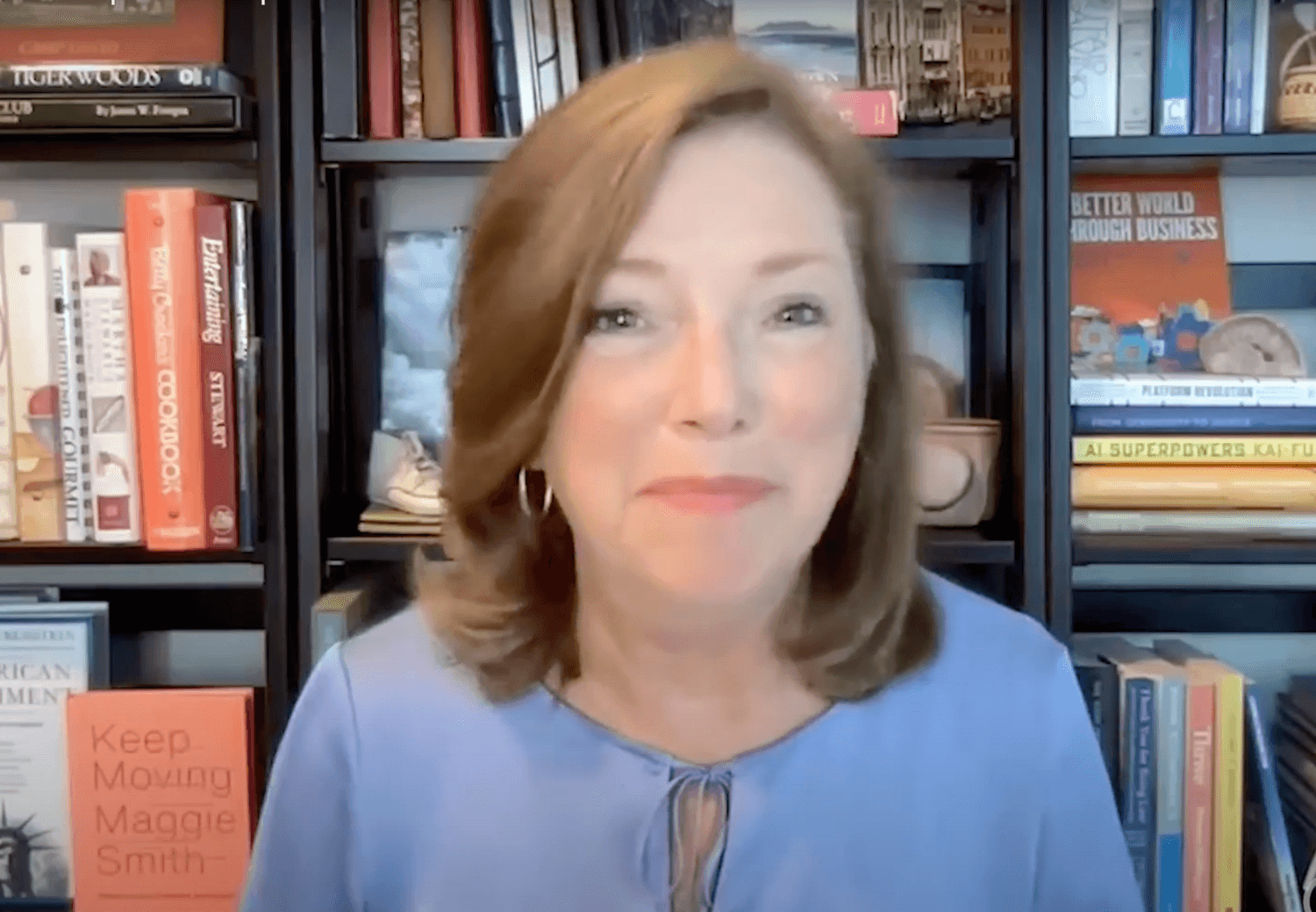Decision Making Leading Change Risk & Resilience
You Can’t Have Perfect Foresight
Barbara Humpton
08.13.23
Having perfect foresight is impossible, but the most successful leaders will adapt quickly to a rapidly changing environment. Learn the strategic ways Barbara kept her business running amidst the pandemic's uncertainty.
Summary:
Having perfect foresight is impossible, but the most successful leaders will adapt quickly to a rapidly changing environment. Learn the strategic ways Barbara kept her business running amidst the pandemic’s uncertainty.
Diane Hamilton




